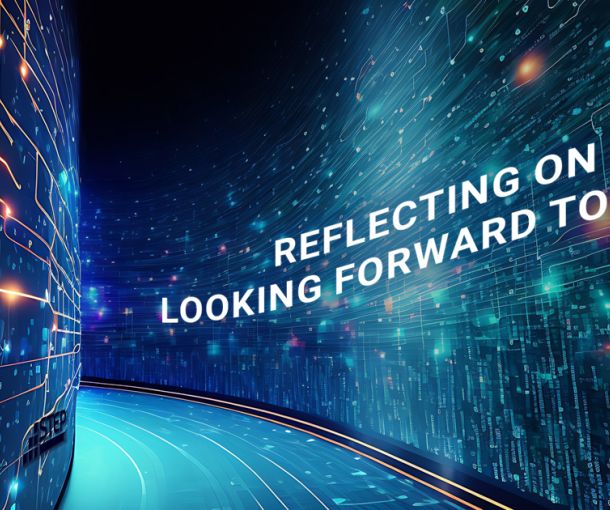
10 Ways Artificial Intelligence Will Change Business
1. NEW CAPABILITIES WILL GET ADDED TO EXISTING JOB ROLES
Despite all the hype about AI eliminating millions of jobs, most human jobs will be fine. For example, before 2020, AI has created 2.3 million new jobs while only eliminating 1.8 million jobs. According to experts, AI removes repetitive tasks to allow employees to focus on more productive tasks. Therefore, new roles are being created for human workers to perform that increase productivity.
2. COMPANIES WILL HIRE MORE AI PROFESSIONALS
In addition to most human jobs being safe, many businesses will have to hire more AI professionals. For example, most machine learning platforms are built and run on Python. Therefore, the demand for computer programmers with Python experience is growing. Other new job opportunities will include data analysts who can manage massive amounts of enterprise data.
3. AI WILL REPLACE EMOTION-DRIVEN DECISION MAKING
One of the biggest shortfalls of most corporate strategies is that decision making tends to be based on emotion instead of logic. This causes corporate bias. AI technology will take the emotion out of decision making, which will instead rely on data analysis to drive business.
4. AI WILL DEFEND ENTERPRISES AGAINST CYBERATTACKS
Cybersecurity concerns make up some of the biggest threats facing most enterprises. Luckily, AI is becoming a powerful tool in the fight against cyberattacks. Advances in internet security software can continually learn, detect, and prevent new digital security threats before they attack networks.
5. AI WILL BE USED IN CYBERATTACKS
Unfortunately, hackers will launch cybersecurity attacks against AI-powered devices and algorithms. For example, hackers could deploy an army of bots to attack AI networks, as well as install malware on AI cloud-based platforms.
6. AI WILL OPTIMIZE USER EXPERIENCE (UX)
No code – and low code – apps tend to offer a poor user experience. That’s because the lack of programming leaves little room for personalizing features for users. AI-powered tools will aid in app development, ultimately improving user experience without requiring a lot of computer programming by humans.
7. AI WILL ENHANCE MARKETING AND SALES DEPARTMENTS
One of AI’s biggest impacts on business will be in customer-focused roles, especially in sales and marketing. For example, many marketing and sales staff spend a lot of their workday on items that don’t add value to the enterprise’s customer experience. However, since AI can remove repetitive, low-level tasks, the focus can be on activities that directly improve customer experience.
8. AI WILL IMPROVE CUSTOMER SERVICE
A big part of AI’s role in improving the customer experience will be to improve customer service. Currently, the software that runs chatbots is still quite limited. For example, many companies use chatbots to answer basic customer questions on their social media platforms. However, in the future, AI-powered chatbots will be able to have an entire, complicated conversation with customers, replacing many traditional customer service roles so employees can focus on more meaningful tasks.
9. AI DEVELOPER TOOLS WILL BECOME LESS EXPENSIVE
Currently, the big players in AI are the big tech companies like Google and Microsoft because they can afford to invest the billions of dollars in research and development to create machine learning platforms. However, as this technology becomes more readily available, it will become less expensive (and more accessible to smaller enterprises).
10. AI WILL REMOVE LANGUAGE BARRIERS
One of the most significant barriers preventing many firms from doing international business is the language barrier. However, AI technology can facilitate real-time communication between two people who speak different languages. Each participant will be able to hear the conversation in their respective language of choice.
In short, many enterprises are already preparing for the big changes that AI is bringing. For example, businesses are already redefining existing job roles, as well as creating new jobs for machine learning professionals. Enterprises will use AI to improve their corporate strategy. Also, AI will be used both to fight cyberattacks, and, unfortunately, to launch cyberattacks.
AI-powered tools will improve the user experience by enabling apps to be customized based on individual user needs. AI will improve customer engagement with brands. Lastly, machine learning technology will remove both technological and language barriers that many smaller enterprises face in a truly global marketplace.


